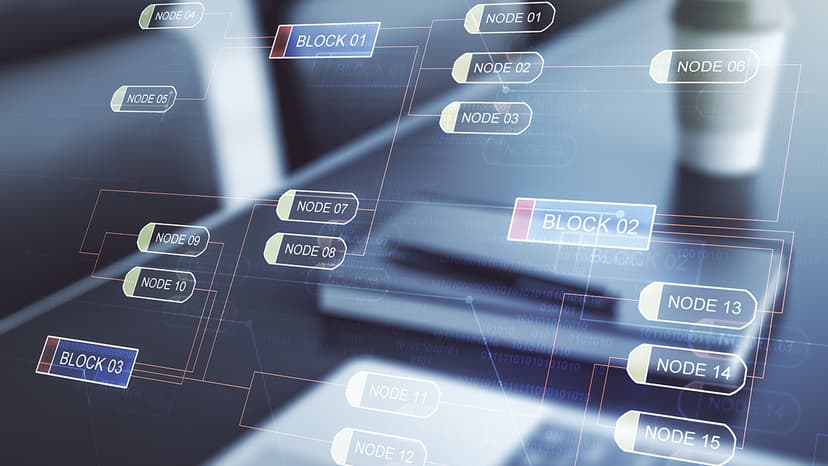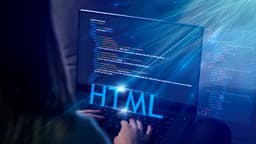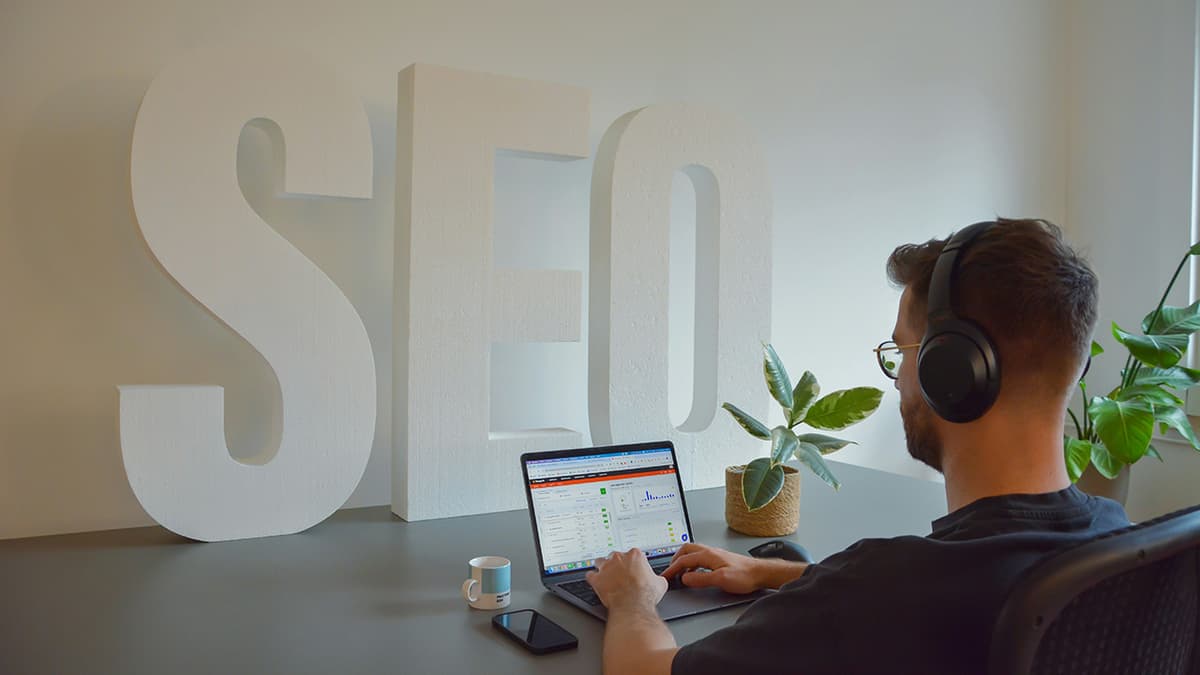Who Owns the Copyright of AI Generated Content
AI has become a powerful tool in various fields, including content creation. The question of who owns the copyright of AI-generated content is now a significant topic of debate and legal scrutiny.
Ownership of AI-Generated Content: A Complex Matter
The ownership of AI-generated content involves a detailed understanding of intellectual property laws. AI systems can create original works, but they do not qualify as human creators. This raises questions about the traditional framework of copyright ownership.
In the United States, the general rule is that the party that commissions or develops the AI tool usually owns the copyrightable work created by that tool. For instance, if an individual or organization hires someone to create an AI program, they typically own the works generated by that program.
The situation differs in the United Kingdom, where AI cannot own copyright as it is not recognized as a human creator or owner. This distinction is important since copyright grants exclusive rights to the creator or owner, such as reproduction, distribution, and display of the work.
Legal Challenges and Lawsuits
The issue of copyright ownership for AI-generated content has led to several legal challenges. Dr. Stephen Thaler, a computer scientist, filed a lawsuit against the U.S. Copyright Office after his application to register copyright for his AI system's visual output was denied. This case underscores the need for clarity in copyright laws to cover AI-generated works.
Another notable case involved artists Sarah Anderson, Kelly McKernan, and Karla Ortiz. They filed a class-action copyright infringement lawsuit against companies Stability AI and Midjourney. The artists alleged that these companies used their AI-generated artwork without permission, raising concerns about the protection of AI-generated content and the rights of creators.
Perspectives on Ownership
Ownership questions become more complex when considering the collaborative nature of AI-generated content. AI systems often rely on pre-existing data and algorithms, leading to questions about whether the creators of these components should also be considered owners of the AI-generated content.
Although AI can produce images, it lacks the creative intent associated with human artists. Thus, the ownership of AI-generated artwork may better align with the human creators whose works served as inspiration.
The Role of Licensing and Agreements
Licensing and agreements are crucial in addressing the copyright ownership challenges of AI-generated content. It is essential to establish clear contractual terms regarding ownership and usage rights when AI systems create content.
The party commissioning or developing the AI tool should ensure that licensing agreements explicitly detail the ownership and usage rights of the AI-generated content. These agreements should reflect the circumstances and intentions of the parties involved to prevent ambiguity or disputes.
The Need for Legal Adaptation
The rise of AI-generated content calls for a legal framework that adapts to the evolving technological landscape. The U.S. Copyright Office has recognized this need and has published new guidance on AI and copyright law.
As technology progresses, lawmakers and legal experts must confront the challenges of copyright ownership for AI-generated content. Stakeholders, including AI developers and content creators, should participate in discussions to foster the development of clear and inclusive copyright regulations.












